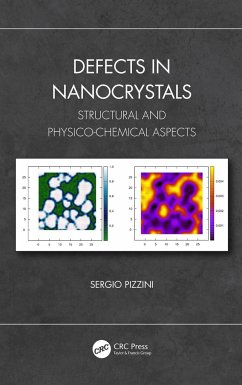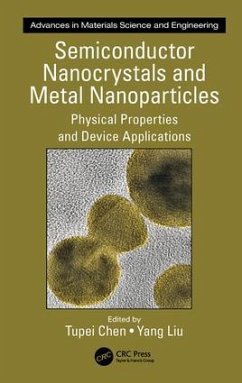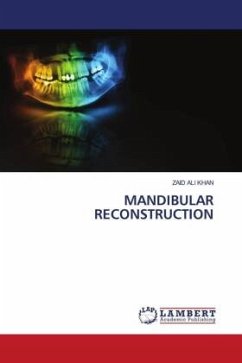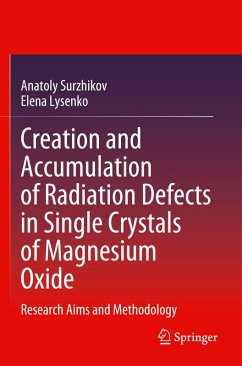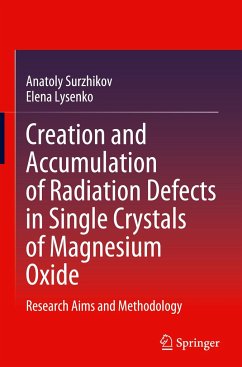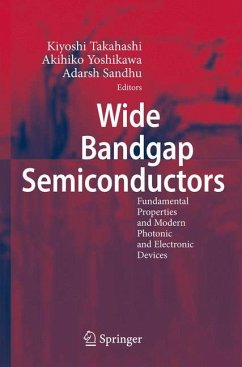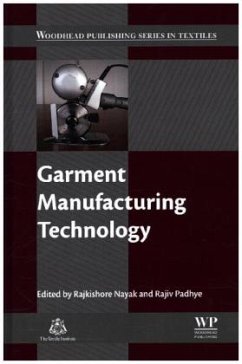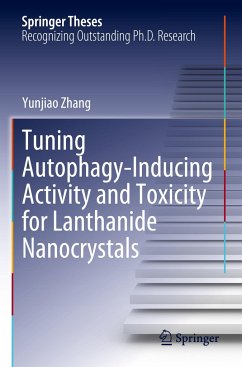
Defects in Nanocrystals
Structural and Physico-Chemical Aspects
Versandkostenfrei!
Versandfertig in 1-2 Wochen
206,99 €
inkl. MwSt.
Weitere Ausgaben:

PAYBACK Punkte
103 °P sammeln!
Defects in Nanocrystals: Structural and Physico-Chemical Aspects discusses the nature of semiconductor systems and the effect of the size and shape on their thermodynamic and optoelectronic properties at the mesoscopic and nanoscopic levels. The nanostructures considered in this book are individual nanometric crystallites, nanocrystalline films, and nanowires of which the thermodynamic, structural, and optical properties are discussed in detail. The work: Outlines the influence of growth processes on their morphology and structure Describes the benefits of optical spectroscopies in the underst...
Defects in Nanocrystals: Structural and Physico-Chemical Aspects discusses the nature of semiconductor systems and the effect of the size and shape on their thermodynamic and optoelectronic properties at the mesoscopic and nanoscopic levels. The nanostructures considered in this book are individual nanometric crystallites, nanocrystalline films, and nanowires of which the thermodynamic, structural, and optical properties are discussed in detail. The work: Outlines the influence of growth processes on their morphology and structure Describes the benefits of optical spectroscopies in the understanding of the role and nature of defects in nanostructured semiconductors Considers the limits of nanothermodynamics Details the critical role of interfaces in nanostructural behavior Covers the importance of embedding media in the physico-chemical properties of nanostructured semiconductors Explains the negligible role of core point defects vs. surface and interface defects Written for researchers, engineers, and those working in the physical and physicochemical sciences, this work comprehensively details the chemical, structural, and optical properties of semiconductor nanostructures for the development of more powerful and efficient devices.




